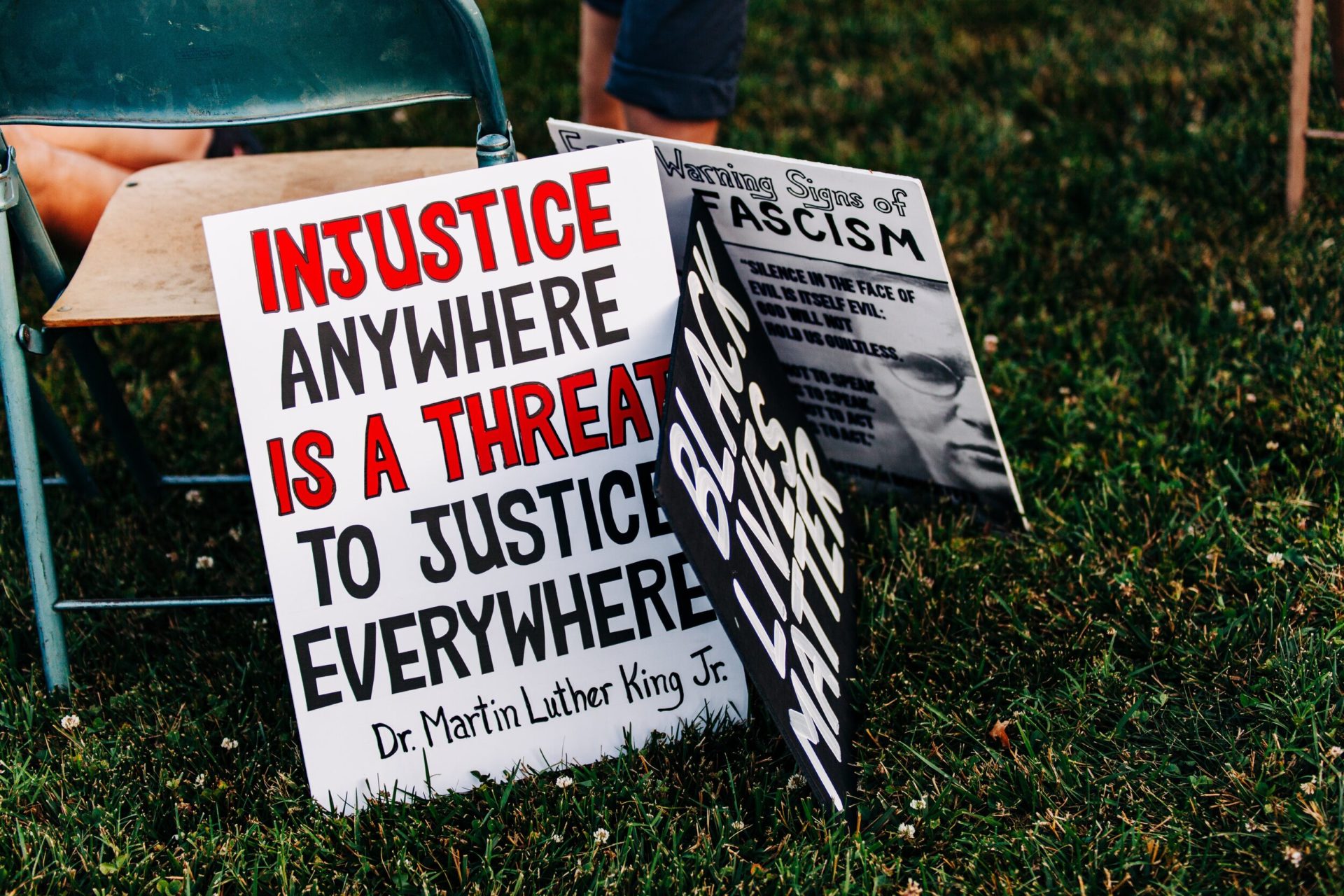
President Joe Biden signed into law a bill that established June 19th or “Juneteenth,” the date commemorating the end of slavery in the U.S., a federal holiday.
Over the past several months, the renunciation of critical race theory has become a central tenet of a culture war waged by outspoken Republicans. However, despite their insistence that recognizing Juneteenth is a way for the left to drive a racial wedge in American society, that is simply not the case.
The enshrinement of Juneteenth as a national holiday is an opportunity for us to truthfully examine the legacy of slavery and the systems of oppression that continue to endure. There is widespread misinformation about the history of Juneteenth and what it represents. Just as many people forget the legacy of slavery on July 4th or the those who died serving on Memorial Day, we must make sure that this national holiday is not just a hallow symbol. As Kelli Carter Jackson, an assistant professor of Africana studies at Wellesley College wrote for The Atlantic, “holidays cannot be divorced from history.”
On paper, Juneteenth recognizes the end of slavery on June 19, 1865, when Union soldiers marched into Galveston, Texas announcing the Emancipation Proclamation and the surrender of the Confederacy. This is, in many ways, a romanticized vision of the holiday that is premised on the widely held belief that the Emancipation Proclamation issued on January 1, 1863, freed the slaves.
The Emancipation Proclamation freed the enslaved in the Confederate States, but not the enslaved in the four Union slave states – Maryland, Delaware, Missouri, and Kentucky. For the Emancipation Proclamation to have the force of law in the South, it took the Confederacy’s surrender on April 9, 1865.
Many historians agree that the Emancipation Proclamation was not a civil rights manifesto. It was a calculated strategy by the Union. By issuing such a proclamation, they hoped the enslaved in the Confederate states would assist the Union’s then beleaguered efforts. In the proclamation, Lincoln himself specified that enslaved people would only be freed in states that were “in rebellion against the United States.” The Emancipation Proclamation was in many respects a military Hail Mary.
When Lincoln ran for the presidency, it was neither to free slaves nor provide the enslaved with citizenship. The nascent Republican Party and Lincoln recognized slavery in states where it then existed. They called for an elimination of slavery in the territories irrespective of whether the territory by legislation or plebiscite authorized slavery.
While the so-called Radical Republicans were abolitionists, the majority of Republican opinion about eliminating slavery in the territories was based on discrimination against white men. That is, it was unfair to white laborers to compete for employment and wages against employers who were slave owners. It was inequitable for white businessmen to have to compete against slave owners who paid no wages.
Simon Cameron, Lincoln’s first Department of War Secretary, called early in the Civil War for an emancipation proclamation as a fifth column strategy. Lincoln repeatedly during the first 18 months of the war rejected that advice from Cameron and others. The Civil War was being fought to preserve the Union, not to free the enslaved. Lincoln was reticent to provoke the four Union slave states or further incense the Confederacy.
The Emancipation Proclamation of January 1, 1863, had its intended impact. It’s estimated that 179,000 soldiers or roughly 10% of the Union Army were black men and 19,000 in the Navy were black sailors. Those exclusively black troops were led by white officers. The heroism and valor of these troops were recommended to Lincoln especially by Ulysses S. Grant. Finally, Lincoln’s attitude and the war’s narrative changed. The war was being fought to preserve the Union and free slaves.
Frederick Douglass, a Republican, became the first African American invited to the White House and greeted by the president. Douglass lobbied Lincoln for a Thirteenth Amendment that would abolish slavery in all states including Maryland, Delaware, Missouri, and Kentucky.
Douglass was aware of what a paradigm shift this would be. Days prior to Lincoln’s inaugural on March 4, 1861, all Senate and House Republicans voted in favor of an earlier version of The Thirteenth Amendment – called Joint Resolution No. 80 – that would have enshrined slavery in the Constitution. By a vote of more than 2/3 the constitutional amendment legalizing slavery passed in the Senate and House of Representatives and was sent to the states for ratification. But for the Civil War, the amendment would likely have been ratified by three-quarters of the states.
It was the powerful example of the 198,000 black troops, plus extraordinary advocacy by autodidact, freedman, and African American civil rights pioneer Frederick Douglass, that led Lincoln to an about-face in support of the constitutional amendment that would end enslavement. The president successfully lobbied Congress and The Thirteenth Amendment passed both chambers by a 2/3 vote on January 31, 1865. Lincoln did not live to see its ratification by the states on December 6, 1866. Still, slavery did not end on June 19, 1865. While it ended for those in Galveston living in a Confederate state, it was December 6, 1866, when slavery was abolished nationwide.
The momentum created by Douglass and the black servicemen also later brought about the passage of The Fourteenth Amendment that provided citizenship to African Americans in 1868, and voting rights for African American males in The Fifteenth Amendment in 1870.
One must not forget, however, that although the passage of these Constitutional Amendments brought about sweeping civil rights changes on paper, it has taken generations to slowly realize these ideals. On need only look at the Civil Rights Movement, the George Floyd Protests, and the sentencing of Derek Chauvin to see the work that continues to remain. The proper recognition of Juneteenth is a part of that work.
Still, it is unvarnished history that enlivens understanding, perspective, civic engagement, and Dr. Martin Luther King Jr.’s dream that “the arc of the moral universe is long, but it bends toward justice.”
______________________________________________________________________________________________________________________

Malcolm Lazin
Malcolm Lazin is a former Assistant U.S. Attorney. He is the recipient of the U.S. Attorney General’s Distinguished Service Award, the Department of Justice’s highest honor. He served as the Chair, Pennsylvania Crime Commission and was the Republican candidate for District Attorney of Philadelphia.
______________________________________________________________________________________________________________________






